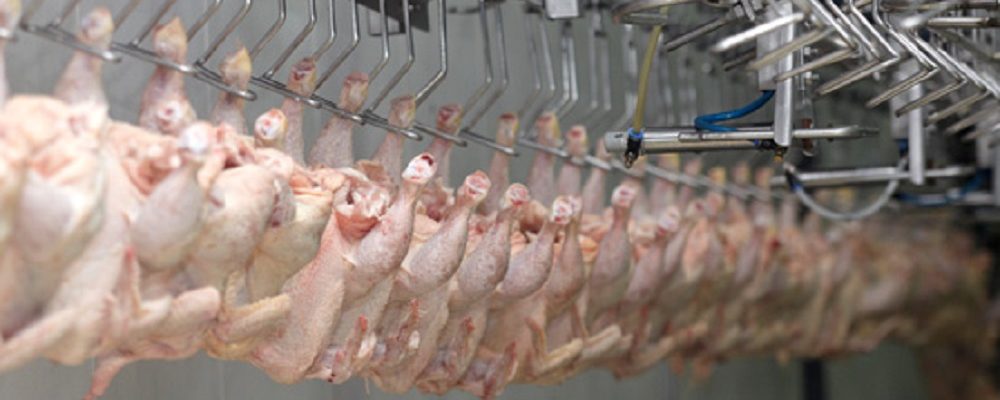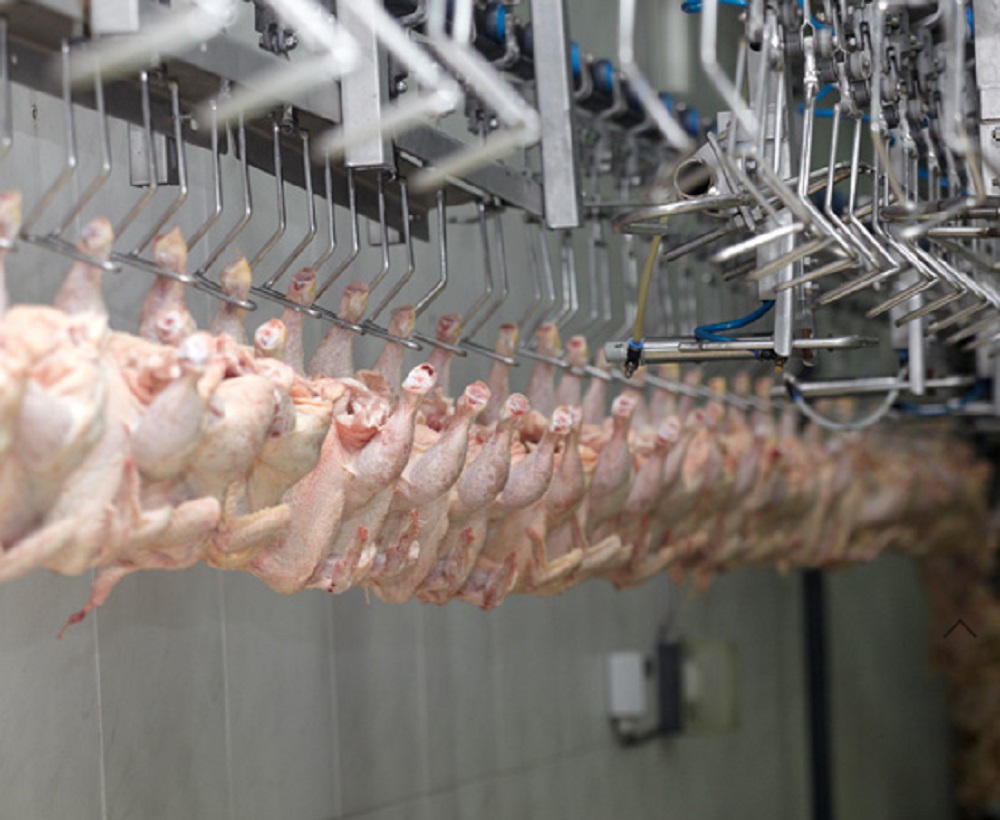

Galloping inflation is real and will be around for some time.
Chicken prices are set to go up by 10 per cent this week and it won’t be just feathers all in a tizzy.
The chicken business in Jamaica is controlled and operated by a few players most notably Jamaica Broilers. With inflationary pressures, supply chain bottlenecks and now rising oil prices they have very little choice but to pass it on to consumers.
Although there is a degree of inevitability about this, it would perhaps be prudent to alert the Government and its agencies to this likelihood given that chicken forms over 80 per cent of Jamaicans’ protein consumption and is a vital food substance.

An accommodation could have been reached which would be palatable to both parties. Instead the government had little time to make meaningful adjustments and has to turn to imports to soften the blow to Jamaicans.
Speaking in parliament, the newly appointed Minister of Agriculture Pearnel Charles Jr. announced, “Currently the price of leg quarters within the local market is at $360 per pound. While we would be able to import leg quarters at $100 per pound and have consumers paying roughly $160 per pound, this would allow Jamaican consumers to purchase at least three times the quantity of poultry meat than they are currently able to afford. Leg quarters are readily available at more competitive prices than other chicken parts currently being utilised.”
The government will now have to flood the market with cheap imports and has mooted suspending the common external tariff (CET) and additional stamp duties levied on leg quarters if only for a while to allow supply to meet demand.
This is a chicken and the egg situation-literally!
By going this route, Jamaica is susceptible to seeing a deluge of cheap foreign chicken parts well past their sell by date. Consumed by its people. Now that can’t be good for Jamaican’s health although it might not be too bad for their pockets and purses.
The associate industries such as feed fertilisers, and egg production can also benefit if a local chicken industry is encouraged, not to mention helped, to provide more jobs during this time of COVID.
It will also have an impact on local suppliers by putting up yet another hurdle they have to jump over.
The local chicken farmers cannot compete with the big operators but they can play a role here. If supported they can come in, offer a competitively priced local product and the entire economy gains.
How long have we heard “Grow what we eat, eat what we grow”. Let’s begin with our chicken industry. To allow importers to come in and dominate the market sends the wrong message to an agricultural sector that aspires to be self-sufficient.
The associate industries such as feed fertilisers, and egg production can also benefit if a local chicken industry is encouraged, not to mention helped, to provide more jobs during this time of COVID.
It may even be the case that encouraging more local players will make the industry more competitive and reduce the ability of just a few players controlling prices and therefore the entire market.

Free-range chicken could be a niche and could be popular on a tourist’s plate.
The government may very well feel that it has to act instantly given that local chicken meat prices have gone up by 17 per cent over the last year and are set to go up even further this year.
Charles Jr. forlornly spelt it out saying: “The agricultural sector has not been speared the negative impact of the COVID-19 pandemic with pervasive logistics challenges within the global trade for commodities that have resulted in severe supply chain bottlenecks and delays.
“It is important to note that roughly 75 per cent of the eggs used to provide baby chicks for the industry are imported with Jamaica Broilers being the only broiler company with a local hatchery that produces approximately 40 per cent of their fertile egg needs.”
Chicken is very popular in Jamaica. There is a need and a market for it. Jamaicans can meet that need and supply the market with a better, and fresher product.

In 2015, St Lucia’s then president of the National Consumers Association, Kingsley St Hill spoke of importers dumping local chicken to facilitate importation to be sold at lower prices.
Let’s all hope that is not allowed to happen in Jamaica.
Back in 2008, the Jamaican Government decided to grant permits for the importation of 625,000 kg or 25 containers of leg quarters. The then Minister of Agriculture, Dr Christopher Tufton, said the move was necessary to fill a shortage in production and to keep prices reasonable.
HISTORY REPEATING ITSELF
Technician Marsden Sullivan then said: “Based on some of what I have seen the meat looks unattractive and unappetising. I would hate to think that we end up bringing in meat that individuals in another country has rejected and thrown out, and we are consuming it, that could not work and would be totally unacceptable. So while my wish is for local producers to be the ones who supply the market, if the need for importations arises and there is no other way around filling the shortage, then so be it.”
Is this history repeating itself and can this situation be changed?
In 2020, it was reported that Jamaica imports around US$25 million in chicken back and neck parts per year.
However the Integrity Commission found that no proper due diligence was conducted to authenticate information submitted by applicants for import chicken permits.
This will now have to be closely monitored.







Comments